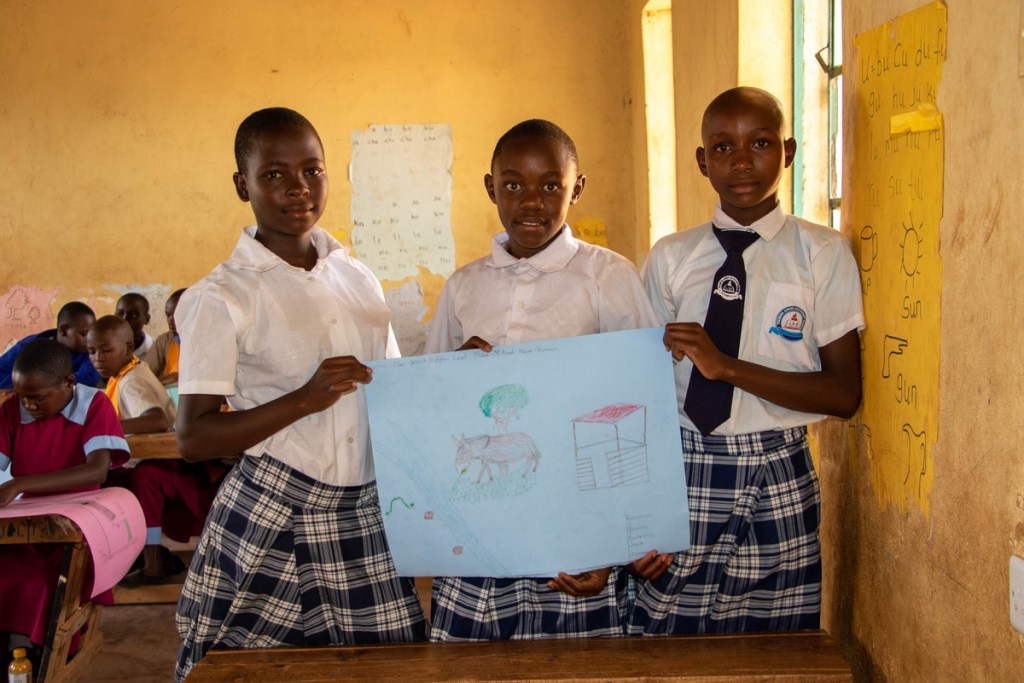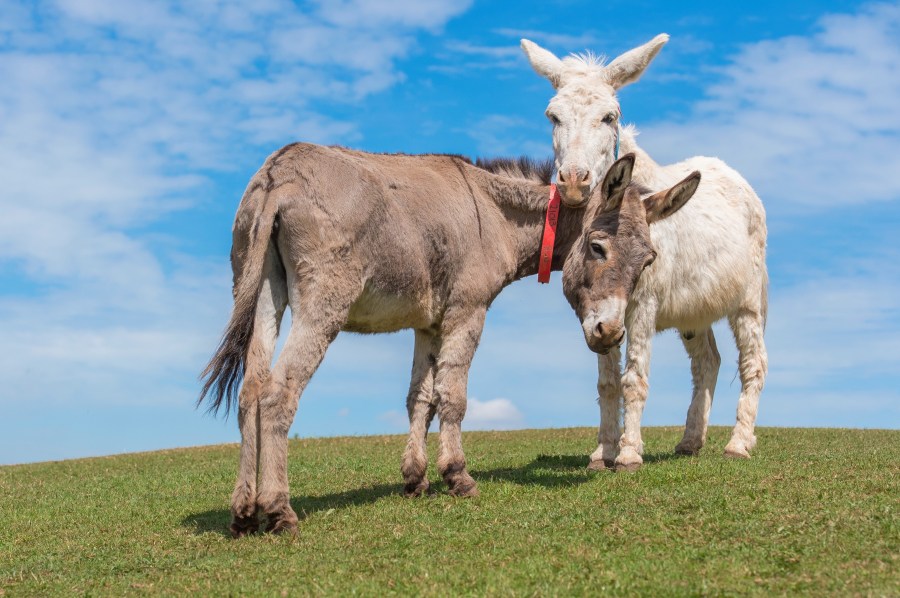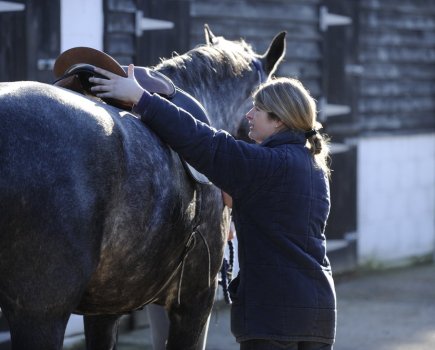On World Donkey Day (Wednesday 8 May, 2024), The Donkey Sanctuary has applauded Emirates for implementing an embargo on the carriage of donkey skins on its flights worldwide. Meanwhile, fellow equine charity Brooke is well aware of the importance of good donkey and horse care, and is celebrating an important milestone for its clubs supporting youngsters looking after donkeys.
The Donkey Sanctuary said the move by the world’s largest international airline serves to disrupt the donkey skin trade by restricting the international movement of hides, protecting donkey populations and the communities that rely on them for their livelihoods.
In February this year, African Heads of State and Government endorsed a continent-wide moratorium on the slaughter of donkeys for their skins at the 37th African Union Summit. The agreement was made in recognition of animal welfare concerns and the vital role donkeys play in supporting communities and economies across Africa.
Within days of the decision from the African Union, Emirates extended their zero-tolerance policy on the carriage of banned species, hunting trophies and other associated products, to cover donkey hides and parts. Emirates has established stringent protocols including screenings, spot checks, document verification, container examination, and confirming the authenticity of permits. The airline has also invested in awareness campaigns, as well as education and training for employees across cargo and passenger operations to identify and report smuggled wildlife.

Ejaio products. Credit: The Donkey Sanctuary
“This is a cruel and unsustainable trade which acts as a trojan horse for illegal wildlife trafficking and organised crime, and poses a serious threat to global biosecurity,” said Marianne Steele, CEO of The Donkey Sanctuary.
“Emirates and other leaders in the transport sector should be commended for their decisive and market-leading action which will not only protect donkeys and the communities around the world who rely on them, but will also help prevent the trafficking of other threatened species and reduce the risk of disease being passed from donkey skins to humans.
“We hope that by taking leadership on this important global issue and banning the carriage of donkey skins on Emirates flights, they will inspire others to do the same.”
Robert Fordree, Senior Vice President of Cargo Operations Worldwide, Emirates SkyCargo said the company was proud of their work fighting against the trafficking and illegal exploitation of wildlife.
“This longstanding commitment enabled us to mobilise immediately to ban the carriage of donkey skins under our existing zero-tolerance policy,” he said. “We will continue to collaborate with organisations such as The Donkey Sanctuary and United for Wildlife to protect the world’s biodiversity for generations to come.”
While many airlines, shippers and transport and logistics operators have strict policies that prevent the movement of trafficked wildlife, it is hoped that others will follow Emirates’ lead and expand these to specifically cover donkey skins, following the landmark decision by the African Union.
Brooke celebrates 20 years of donkey welfare education in Kenya

Donkey Care Club, Kenya. Credit: Brooke
This World Donkey Day, Brooke — a charity also calling for a worldwide ban on the donkey skin trade — is celebrating the 20th anniversary of its ‘Donkey Care Clubs’ for children in Kenya.
In 2004, Brooke launched Donkey Care Clubs to teach the next generation of Kenyan donkey owners to care for and protect their donkeys through poetry, song and dance. Today, they are endorsed by the Kenyan government as part of extra-curricular school activities.
In many developing countries, children are the main caregivers for working donkeys, horses and mules, 100 million of whom pull carts, fetch water and work the land for 600 million people to earn an income.
“Brooke recognises children as key to a better future for working donkeys, by helping to improve their welfare at home and dispelling myths about how to treat donkeys in their communities,” said a charity spokesperson.
Learn more about Brooke’s Donkey Care Clubs here.
Lead image: A pair of donkeys at The Donkey Sanctuary in Sidmouth. Credit Simon Horn










